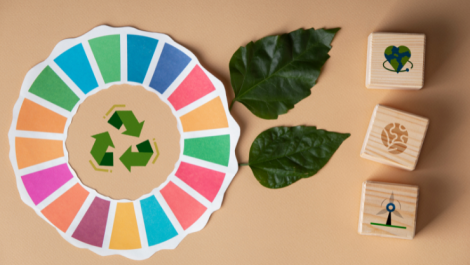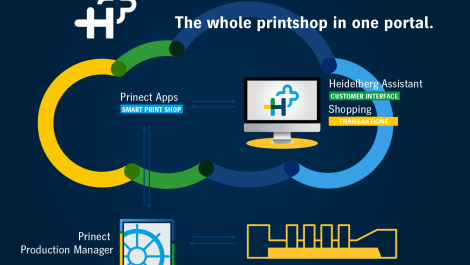The weekly Verdigris blog by Laurel Brunner
Is it time to shake the hand of Asia Pulp & Paper (APP) and forgive its past sins? The Rainforest Alliance recently published an audit report confirming that APP is largely living up to the Forest Conservation Policy (FCP) it published in February 2013. At least as far as Indonesia goes. However the Rainforest Alliance, commissioned by APP to do this work, has concluded that “overall, the progress to meet the commitments varies”.
We have blogged on this topic before, most recently last summer when APP had outlined plans for the restoration and conservation of one million hectares of Indonesian rainforest. At the time APP was vague about these plans saying: “… currently APP and its suppliers are obliged to set aside approximately ten percent of the gross area, equivalent to 260 thousand hectares for conservation purposes. The one million hectares commitment … could include parts of the ten percent legal obligation if this conservation area supports the core protected forest in each of the identified landscapes”. Could is not the same as will and plans are still vague.
On the plus side, according to the Rainforest Alliance report, APP is only using plantation fibre from its 38 suppliers in Indonesia whose concessions cover 2.6 million hectares. However “Staff in virtually every concession that the Rainforest Alliance visited told the team that operations within existing plantations and on peatlands have not changed compared to the years prior to the FCP. Not so good.
APP is also developing measures to ensure that suppliers in its global supply chain meet requirements outlined in the company’s Responsible Fibre Procurement and Processing Policy. The Rainforest Alliance report report says that APP itself is also being more transparent in its dealings with NGOs and that “there has been significant progress to complete 38 HCV [High Conservation Value] assessments and six HCS [High Carbon Stock] forest assessments”. This is also good news.
However the report does not entirely give APP a clean bill of health. The company has so far failed to change its management practises on peatlands, although it has established a Peatland Expert Team which has made only “limited progress to develop Integrated Sustainable Forest Management Plans (ISFMP)”. When it comes to HCV and HCS forests, APP is basically doing nothing to protect them from third party clearance. “Field observations in the 21 concessions visited indicate that APP has not implemented measures on the ground to fully protect moratorium areas from this third party clearance”.This is not good news at all.
APP has publicly welcomed this evaluation as part of its effort to regain the trust of its market. But moderate progress is not enough to dispel a nagging sense that APP isn’t truly committed to fixing the environmental damage it has done. APP wants to get NGOs such as the WWF and Greenpeace off their backs, and customers back on board so it may be gambling that we’ll all be happy with moderate progress. But it’s not enough. Progress is too slow for return to APP’s dubious embrace.
http://verdigrisproject.com/blog/has-asia-pulp-and-paper-turned-a-page
This article is part of the Verdigris series of stories about understanding the environmental impact of print. The Verdigris Project is supported by Agfa Graphics, Canon Europe, Digital Dots, drupa, EcoPrint, EFI, Fespa, HP, Pragati Offset, Ricoh, Splash PR, Unity Publishing and Xeikon.





